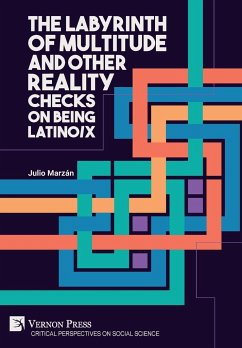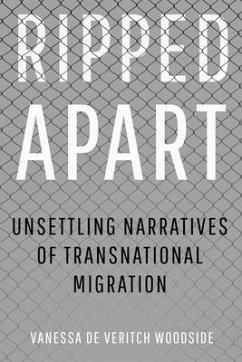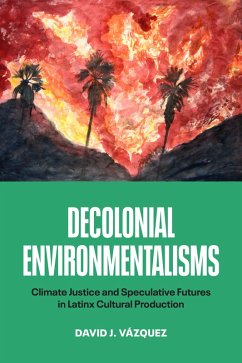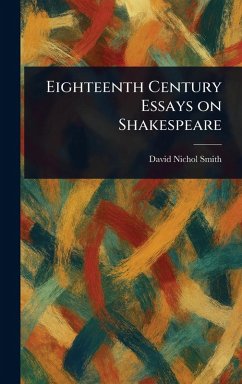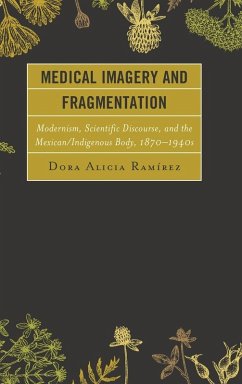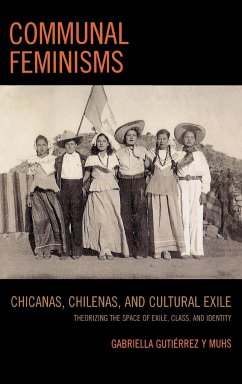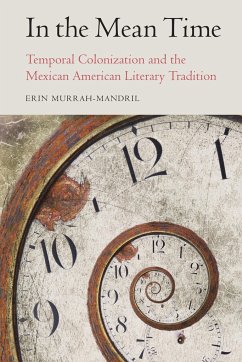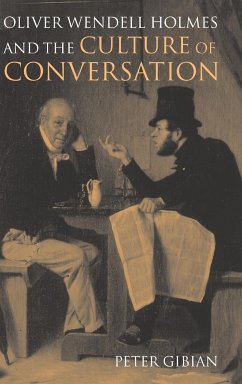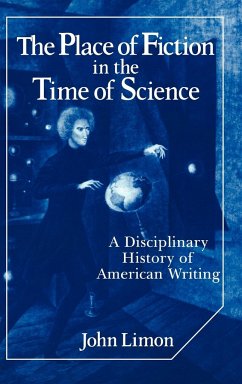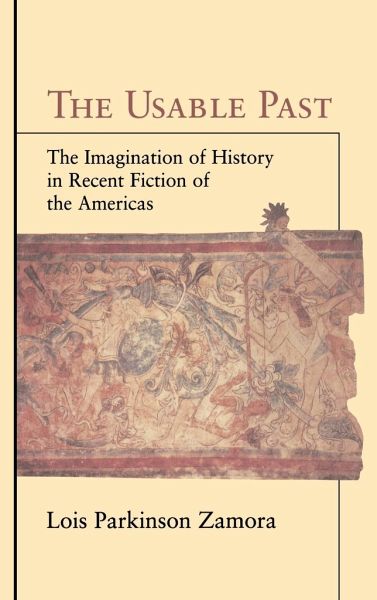
The Usable Past
The Imagination of History in Recent Fiction of the Americas
Versandkostenfrei!
Versandfertig in 1-2 Wochen
103,99 €
inkl. MwSt.

PAYBACK Punkte
52 °P sammeln!
How can we know the past? How can we speak of it in literary forms? Why should we want to? Concentrating on the past as both the subject of fiction and as a force for inscribing fiction, The Usable Past traces the ways in which writers self-consciously participate in the construction of an American canon. Successfully linking Latin American and North American fiction, Lois Zamora invokes authors as diverse in origin and manner as Carlos Fuentes and Willa Cather, Jorge Luis Borges and Nathaniel Hawthorne, and Sandra Cisneros and Mario Vargas Llosa to explore issues surrounding colonisation and ...
How can we know the past? How can we speak of it in literary forms? Why should we want to? Concentrating on the past as both the subject of fiction and as a force for inscribing fiction, The Usable Past traces the ways in which writers self-consciously participate in the construction of an American canon. Successfully linking Latin American and North American fiction, Lois Zamora invokes authors as diverse in origin and manner as Carlos Fuentes and Willa Cather, Jorge Luis Borges and Nathaniel Hawthorne, and Sandra Cisneros and Mario Vargas Llosa to explore issues surrounding colonisation and independence, mestizaje and melting pot, domination and self-determination, and the ambivalence of history in a 'new' world. The Usable Past is an elegant examination of the historical attitudes and literary practices of writers located in American time and space - locations that yield insight into American literary visions and versions of history.
Table of contents:
Preface; Part I. Anxiety of Origins: 1. The Usable Past: History as Idea in the Americas; 2. For the record: novels, newspapers, narration; 3. Ancestral presences: magical romance/magical realism; Part II. Intertextuality and Tradition: 4. Synchronic structures, Mario Vargas Llosa, The Conversation in the Cathedral Julio Cortázar, 62: A Model Kit; 5. Fragmentary fictions; 6. Clichés and community; Comparative conclusions: Baroque new worlds.
Concentrating on the past as both the subject of fiction and as a force for inscribing fiction, The Usable Past traces the ways in which writers self-consciously participate in the construction of an American canon. Linking Latin American and North American fiction, Zamora explores issues surrounding the ambivalence of history in a 'new' world.
A comparative study of Latin American and North American fiction.
Table of contents:
Preface; Part I. Anxiety of Origins: 1. The Usable Past: History as Idea in the Americas; 2. For the record: novels, newspapers, narration; 3. Ancestral presences: magical romance/magical realism; Part II. Intertextuality and Tradition: 4. Synchronic structures, Mario Vargas Llosa, The Conversation in the Cathedral Julio Cortázar, 62: A Model Kit; 5. Fragmentary fictions; 6. Clichés and community; Comparative conclusions: Baroque new worlds.
Concentrating on the past as both the subject of fiction and as a force for inscribing fiction, The Usable Past traces the ways in which writers self-consciously participate in the construction of an American canon. Linking Latin American and North American fiction, Zamora explores issues surrounding the ambivalence of history in a 'new' world.
A comparative study of Latin American and North American fiction.





